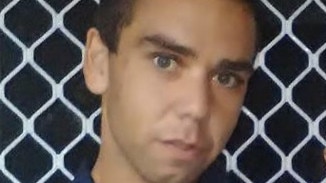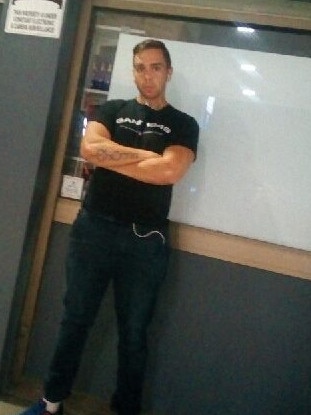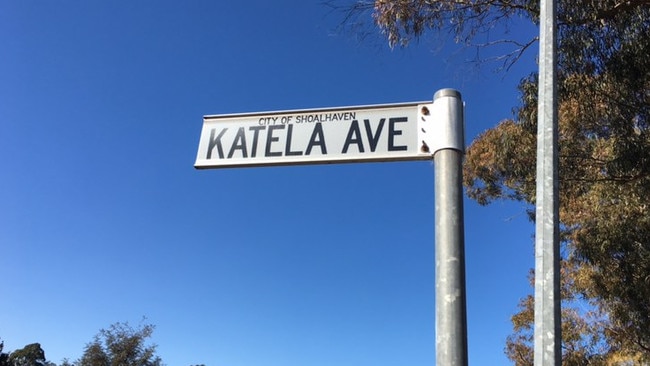Jordan Cruickshank coronial inquest anniversary brings renewed call for change
One year on from the inquest into the death of south coast man Jordan Cruickshank, legal advocates are calling for changes to the legal system to prevent similar tragedies.

The South Coast News
Don't miss out on the headlines from The South Coast News. Followed categories will be added to My News.
- Ex-high school counsellor accused of assaulting two students
- Ex-Merimbula McDonald’s manager groped boy’s genitalia
- Hidden tryst down dirt track uncovers man's bizarre stash
Twelve months after a coroner found a mother should have been given the chance to say goodbye to her dead son, who died during a police operation in 2018, authorities say more should be done to prevent similar distress in the future.
While NSW Police say they have adopted the coronial recomendations, advocates for the families involved say more should be done to support Aboriginal and Torres Strait Islander communities going through such traumatic circumstances.
The inquest into the death of 24-year-old Bomaderry man Jordan Wayne Cruickshank in October last year found neither his mother Debbie Walker or her de facto partner Tim Foster were told by police of their right to view his body, information required to be given to the family under the Professional Standard Command’s Critical Incident Guidelines.
Mr Cruickshank’s mother was also not told she could formally identify her son’s body herself, with his body later identified using police fingerprint records.
While Deputy State Coroner Magistrate Liz Ryan found police officers involved in the incident did not act unlawfully, she made a number of recommendations on how next of kin and particularly those of Aboriginal or Torres Strait Islander heritage should be treated including adhering to a checklist after a death in custody and clearer guidelines.

Police were pursuing Mr Cruickshank when he fell to the ground and died from what Magistrate Ryan said was caused by the presence of the drug methamphetamine and an underlying heart condition.
Police were pursuing him for outstanding driving charges in May 2018 when during the chase, officers lost sight of him during a foot pursuit before he was soon found slumped in the backyard of a nearby resident.
Police and paramedics performed CPR and took Mr Cruickshank to Shoalhaven District Memorial Hospital but he could not be revived, and died in the early hours of May 6.
NSW and ACT Aboriginal Legal Service chief executive officer Karly Warner said police investigating police “fundamentally undermines” the inquest process, and called for an independent body to be created.
She said Mr Cruickshank was a beloved son and a star sportsman who was sorely missed by his family.
“Coronial inquests are traumatic and it is really critical all recommendations are acted on to prevent further deaths,” Ms Warner said.
She said coroners should liaise with Aboriginal or Torres Strait Islander communities throughout the entire inquest process.
Ms Warner said in the 30 years since the Royal Commission into Aboriginal Deaths in Custody “many recommendations” have still not been implemented.
She said the service was currently following nine coronial inquests, which they are not funded to do, adding there should be a formal requirement for governments to respond to all recommendations put forward.
“The key issue in NSW is the lack of accountability around the implementation of recommendations,” she said.
“There’s also too great a risk the recommendations are not being followed up.”
Ms Warner said trauma support was needed to help guide families through the inquest process.
“As we’ve seen in NSW for far too long, there needs to be a platform given to families to make sure this never happens again,” she said.

NSW Police this week said it has since adopted her two recommendations and undertaken a comprehensive review of their critical incident guidelines.
NSW Police said the district commander’s checklist has been revised to now include a “prompt to advise the next of kin of their right to view the body of a deceased person, unless there is a contrary direction from the Coroner”.
Police also said “a number” of checklists within the Critical Incident Guidelines now include culturally sensitive protocols in dealing with the death of an Aboriginal or Torres Strait Islander community member.
During last year’s inquest into Mr Cruickshank’s death a family friend read a statement on behalf of his mother, which described her struggles to find closure, and her inability to accept the behaviour of police on the day.
“Debbie is finding it really hard to accept that the police did not give her the right to say her last goodbyes to her son,” the statement read.
